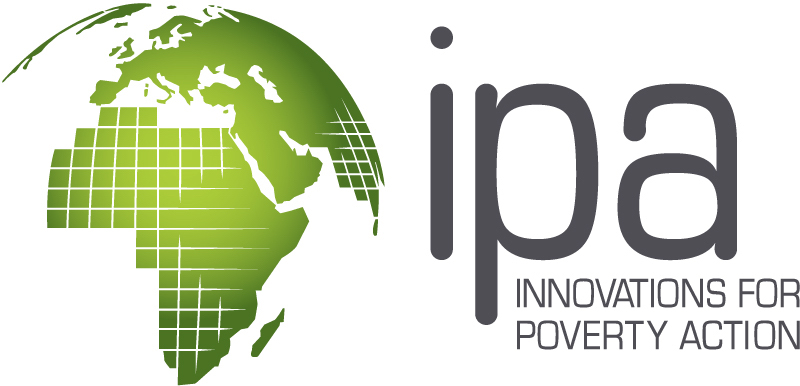|
RECOVR Roundup Newsletter
Social Protection in the Time of COVID-19
|
Welcome to the 27th edition of our RECOVR Roundup! For those of you who are new to IPA's mailing list, the RECOVR Roundup is a newsletter where we share new findings and analysis from the RECOVR Research Hub and from our partner organizations—as well as links on what is happening in the Social Protection landscape in response to COVID-19.
As always, we encourage you to write to our team with ideas for features.
|
|
 New Findings & Analysis New Findings & Analysis
|
Ghana: The experiences of educators during the COVID-19 pandemic
Nearly one in five teachers left the teaching profession when schools reopened
In a previous volume, we highlighted the experiences of students in Ghana during pandemic-related school closures. Looking at the crisis from the teachers’ perspective, researchers Lawrence Aber, Elisabetta Aurino, Jere Behrman, Edward Tsinigo, and Sharon Wolf surveyed 514 teachers in Greater Accra during school closures and after reopenings, to measure the pandemic’s effects on teacher well-being. The team found that as schools reopened, nearly 20 percent of teachers had left the profession. Additionally, nearly half of teachers reported that more than 50 percent of their students are behind in learning, and 21 percent indicate that the learning loss is “very large.” Upon reopening
schools, teachers' greatest concerns were the health and safety of their students and themselves.
|
|
|
 What We're Reading & Watching What We're Reading & Watching
|
- While digital payments have grown in popularity during the pandemic, cash disbursements still have a role to play in social protection payments for people who don’t have reliable access to mobile phones or bank accounts. In this article, Dr. Sania Nishtar discusses how Pakistan’s Ehsaas program worked with banks and small businesses to develop 18,000 new cash disbursement sites, the SMS system and biometric ID confirmation, and all the other infrastructure it took to rapidly add 7.5 million new beneficiaries to the social protection system at the start of the pandemic.
- Where have COVID-19 relief programs been gender-sensitive, and where have they fallen short? The impacts of COVID have often been different across genders. Now new research from ODI examines how responses have been as well, looking at South Africa and the Indian state of Kerala. The authors find that while the cash transfer programs launched in both locations did succeed in making disbursements rapidly, the South African program viewed women more as caregivers than workers, while the Indian program compensated women for lost wages but not for the additional time burdens of caring for sick family members and children out of school.
- The idea of guaranteed income or universal basic income programs is increasingly discussed in the US, but many people still have questions about how these programs might work. For an accessible overview of the topic, check out the Jain Family Institute’s Q&A series about guaranteed income, or take a deep dive with their detailed research briefs.
- Do cash transfers help people to achieve better health in non-pandemic times? A new article in the Annual Review of Public Health finds that cash transfers do generally help recipients to access more medical care and improve their health, but that the impacts vary with the design of the cash transfer program.
|
If you’d prefer to not receive these Roundup emails in the future, you can manage your email preferences or unsubscribe here.
|
|
